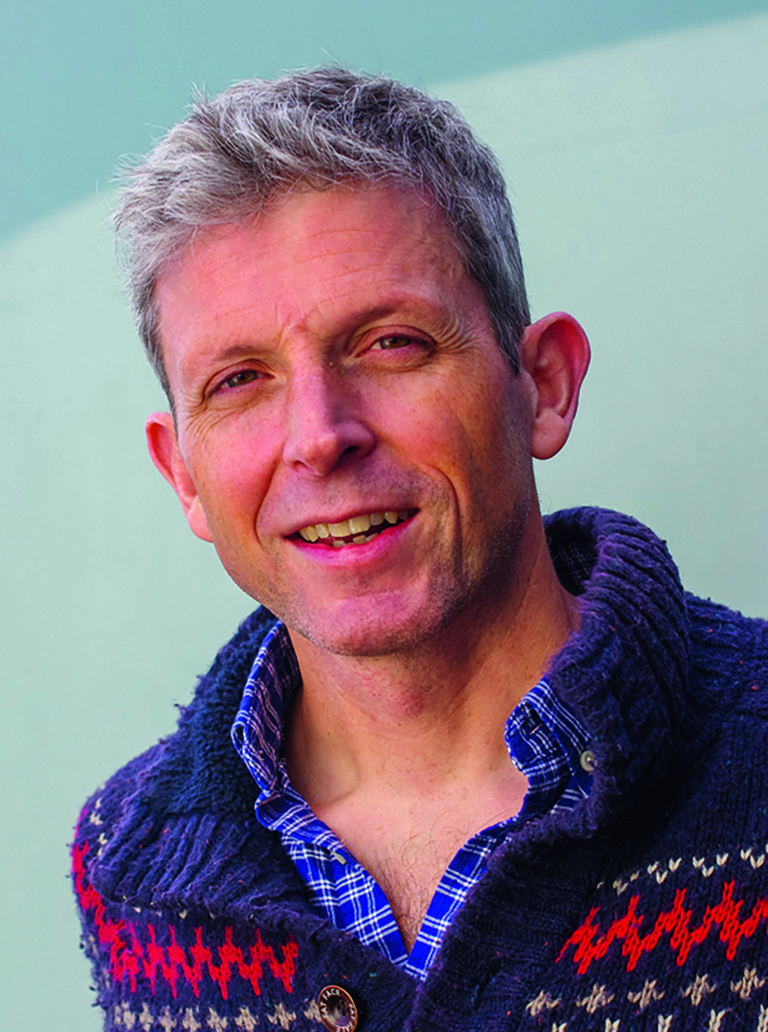
Euan Lawson.
COVID-19 has stretched resources and added complexity. Frayed systems are coming apart at the seams. For patients, at what is usually perceived as the most basic level, getting an appointment with a GP is not as easy as it once was.
Some patients may experience this as an ‘ordeal’, a term being used in political science to describe high friction interactions with the state.1 In the UK, the welfare system is replete with these ordeals and, usually, the architects consider it a feature not a bug. A good example is the transition from Disability Living Allowance (DLA) to the Personal Independence Payment (PIP), which added to the ordeal of receiving benefits for people with disabilities. Much like benefit sanctions, there is no evidence they improve outcomes and may well have negative economic effects, irrespective of any moral concerns.2
Is getting a GP appointment an ordeal? Here’s a typical process: ring at a prescribed time; negotiate an automated phone system; speak to a receptionist; be allocated a triage appointment; await the triage call and explain your concern; receive further advice and/or be directed elsewhere; and then, possibly, a face-to-face appointment is booked. Not all practices deploy all of these mechanisms and some have always existed. Each step is there to improve efficiency and is perfectly defensible.
They all, however, add to the friction. It may be better defined as ‘sludge’ rather than an ‘ordeal’. Sludge is an overlapping concept, described by the American legal scholar, Cass R Sunstein, and is the type of friction ‘people face when they want to go in one or another direction’.3 Not all sludge is bad and, certainly, one can make a case for all the processes in booking a GP appointment having utility. They control demand, ensuring resources are allocated efficiently and according to clinical need.
When demand far exceeds capabilities then friction is needed, at least until additional capacity can be created. Friction leads to sludge. Yet sludge is least negotiable for the most vulnerable, and people in poverty already face a high cognitive burden. People with a high treatment burden, who are in chronic pain, fatigued, or with the brain fog of long COVID are least able to wade through sludge. This is another subsection of the overarching inverse care law: an inverse access paradox. Adding friction as a mechanism to control demand will worsen inequalities. Complex systems harm complex patients.4
These frictions, the sludge, and ordeals are an important area for future research and warrant consideration in practice immediately. Evidence is scant, and one recent systematic review on treatment burden was not able to include any articles related to administrative task load.5
GPs will recoil from the notion that we are deliberately imposing ordeals on our patients but sludge is there and keenly felt.
Issue highlights
| This month we bring together illuminating research into COVID-19 and its impact on primary care. There are editorials on long COVID and the lessons we can learn for long-term conditions, and we are pleased to include a letter from the US. A highlight this month is the Letters section. We encourage eLetters and we also take letters directly. It’s a slower form of debate but there is much to recommend in a world of hot takes and emotional reactions. Articles on trauma-informed care, eating disorders, and the management of vulval lichen sclerosus all feature to help deliver clinical care. |
Footnotes
See online Supplementary Data for references.


